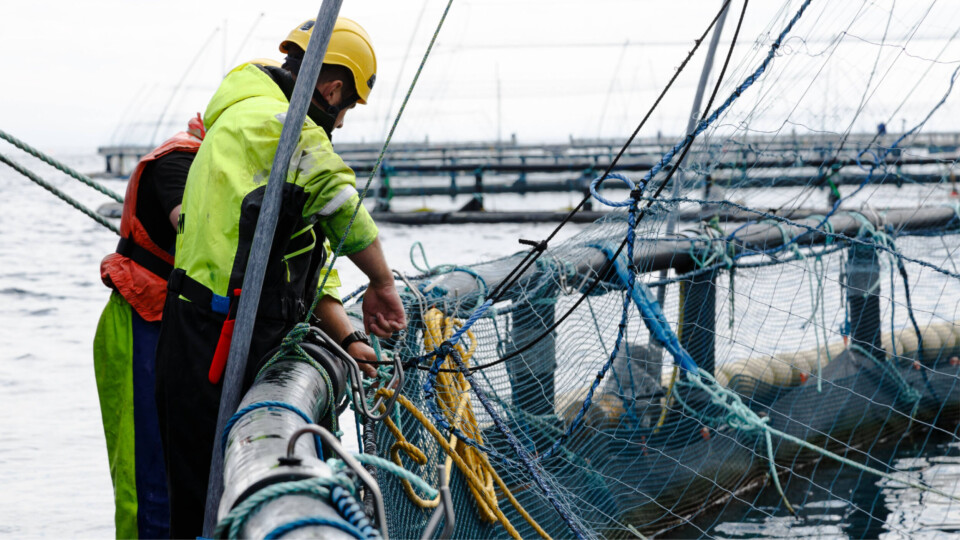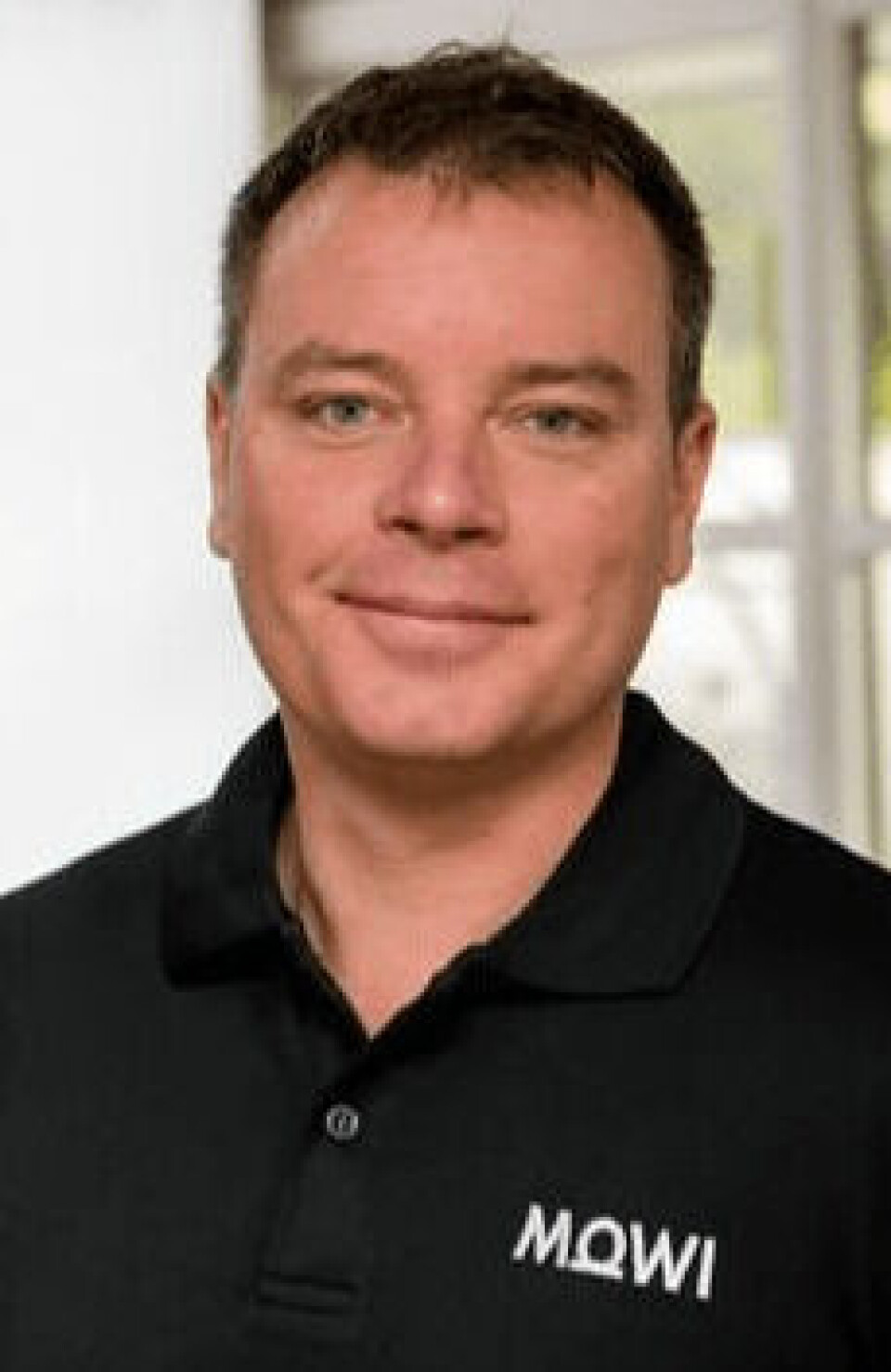
Mowi confirms Loch Ewe site closure after go-ahead for new IMTA farm
Mowi Scotland has confirmed that it to close its salmon farm at Loch Ewe after winning permission for a new site off the small island of Scalpay, Skye, which will form part of an integrated multi-trophic aquaculture (IMTA) project.
“This relocation initiative aligns our growth plans with the Scottish Parliament’s Rural Economy & Connectivity (REC) Committee’s recent recommendations to sustainably grow our fish production levels over the next few years by expanding into new high-energy farming areas in more appropriate open water locations,” Stephen MacIntyre, head of environmental management at Mowi Scotland, said in a press release today.
Mowi said the relocation plan will increase employment in remote locations whilst retaining the services of its experienced and dedicated staff.
Employees offered other sites
Employees currently working at Loch Ewe have been consulted with and may continue their employment at other new or expanded locations, said Mowi. The Loch Ewe location is set to retire at the end of the current fish cycle, at the end of 2020.
The new farm will be off the eastern shore of the Isle of Scalpay, around six miles west of Mowi’s feed plant and proposed visitor experience at Kyleakin. It will have 12 x 120-metre cages and a 2,500-tonne biomass limit. The other species will be shellfish and seaweed.
Multi-trophic aquaculture
The farm is located in an open water environment and will be unique to Scotland in forming part of an integrated multi-trophic growing project involving multiple species of sea life which will examine ways to improve the productivity and environmental sustainability of marine aquaculture practices. Scalpay Multi-Trophic Aquaculture Limited is Mowi’s partner in the project.
There are plans to also link the farm location to the proposed visitor experience centre at Kyleakin, providing a first-hand view of an operating farm for interested tourists and Skye locals.
The Scalpay farm is set to start production in spring 2020.

Support from regulators
Mowi Scotland managing director Ben Hadfield said he was pleased to see Scotland’s regulatory system support the company’s initiative.
He said: “Success for this relocation initiative will be a net increase in production, a net increase in export value for Scotland and a net reduction in our environmental footprint at sensitive locations.
“Scotland’s potential exit from the EU is challenging for us, and as a major and growing employer in the country, we will do our utmost to retain and develop our experienced staff.”
Mowi revealed in July that it planned to relocate farm sites at Loch Ewe and Loch Duich to sites “more appropriate for modern-day aquaculture”, providing it got permissions that meant it didn’t lose biomass allowances.
Enclosed lochs
The company said it had identified the sites as candidates for relocation due to the enclosed nature of the sea lochs where the farms are situated and the sites’ proximity to sensitive wild salmonid habitats.
“In absence of a regulatory framework that enables relocation of a farm’s biomass, we are wanting to engage with our government, environmental groups and salmon fishery boards to pursue this opportunity,” Hadfield said at the time.
“The sites will be closed permanently conditional to the support from our regulatory system to transfer the biomass to other locations, and to sustainably expand our production in the best possible areas for salmon farming thus protecting the associated jobs.”
Mowi plans to consolidate the biomass from the Loch Duich site into existing site expansions once permission for those is forthcoming. No date has yet been set for the closure of the site.























































